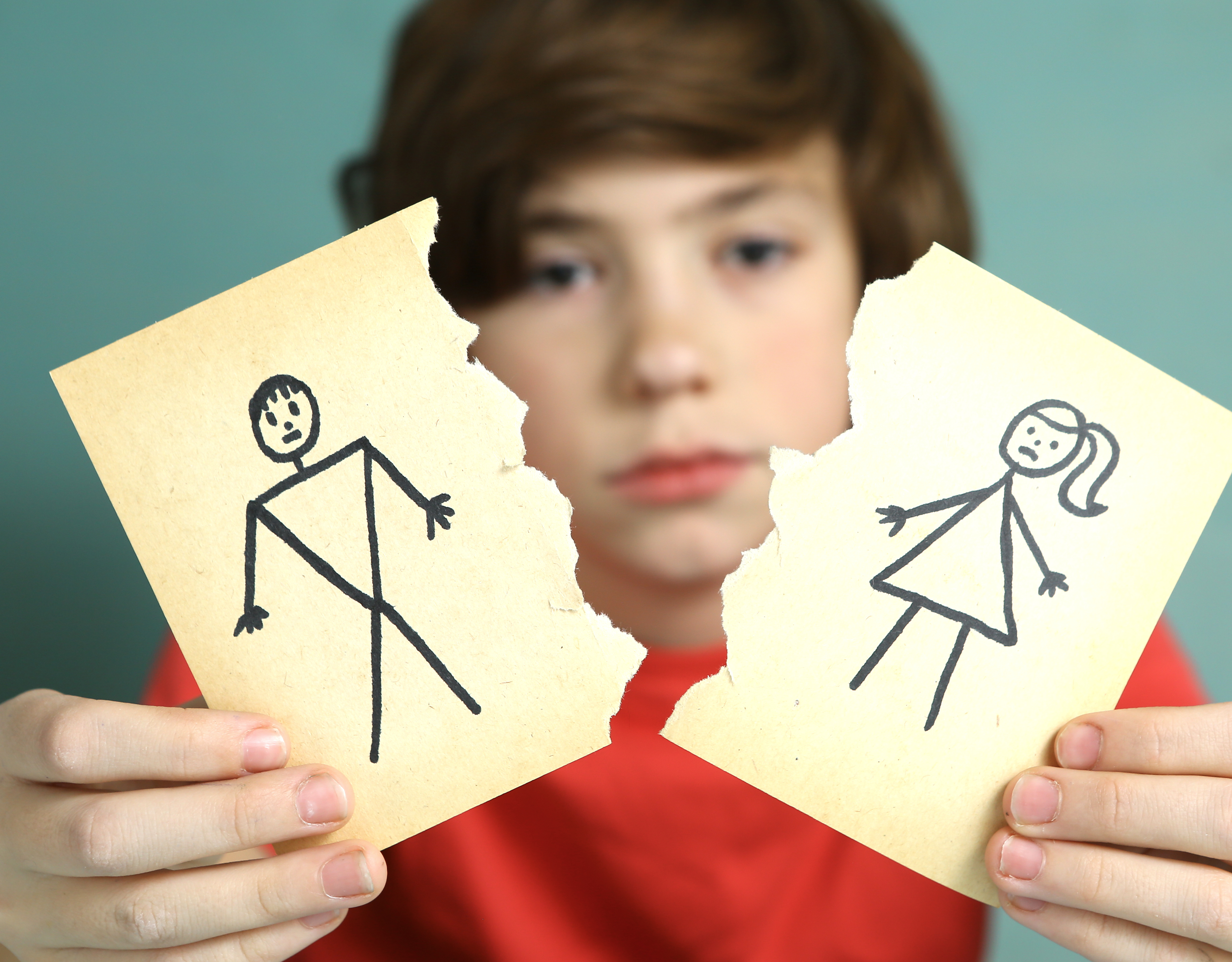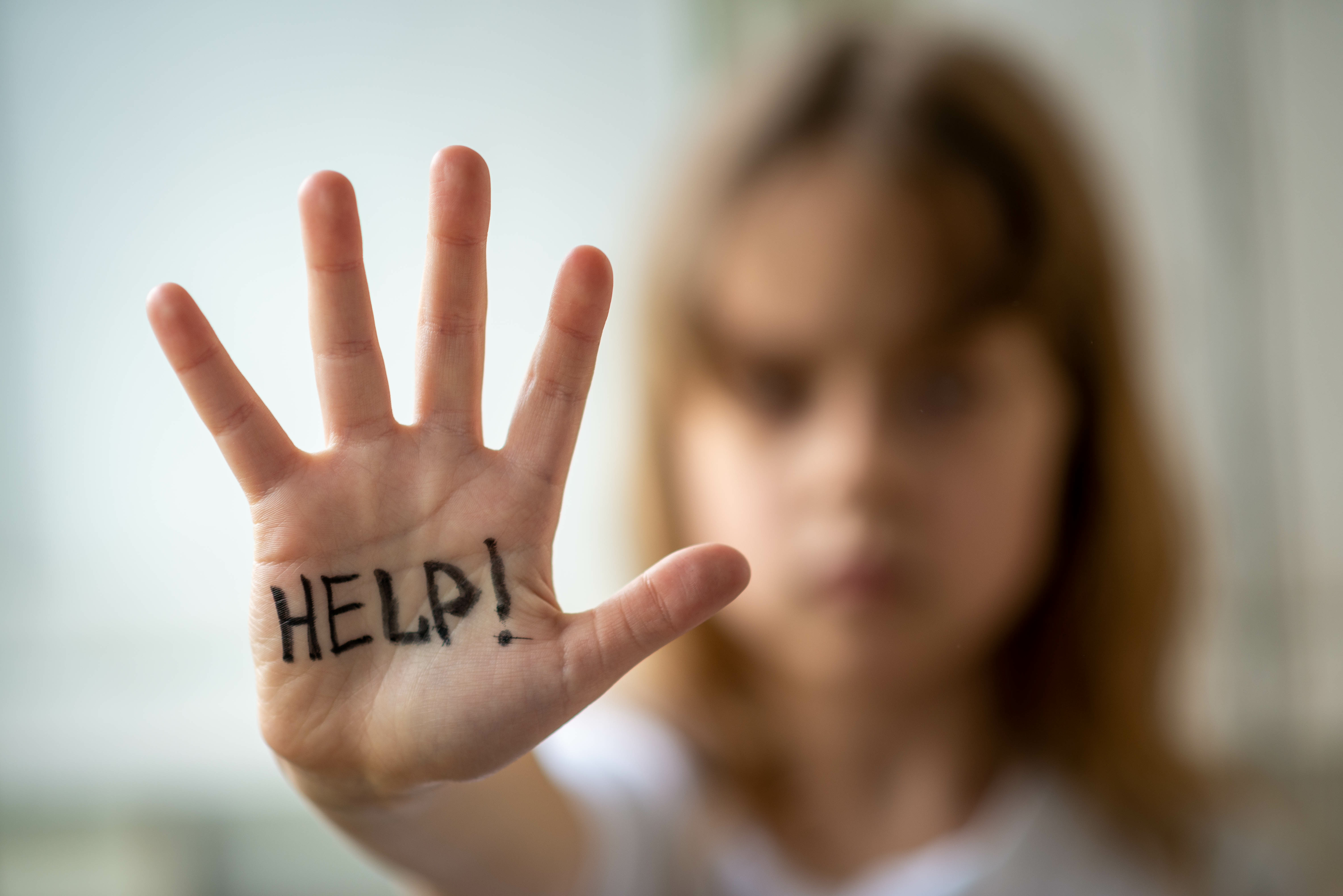Divorced Parenting

Is divorced parenting a reality for your family? Do you worry about your children and wonder how your divorce has affected them? You are not alone. Divorce is an issue for many families. Studies indicate that about 4 in 10 newly married couples can expect to divorce. Consequently, many children are growing up in families where divorced parenting is an issue.
Most parents worry about their children following the break up of their marriage. They wonder how their children are coping when divorced parenting affects them, and how to support them.
Although studies indicate that children from divorced families often do poorly, it is not all negative.
There Is Good News Too
Despite the doom and gloom there is good news too. Studies, for example, indicate that the majority of children rebound after the divorce of their parents and adapt well in the long term. Research also indicates that children from stable, supportive single parent families do better than those from conflict ridden two parent families.
Divorced Parenting Is Not Always The Problem
Studies indicate that children from high conflict, two parent families exhibit more behavior problems after a divorce than before. Their behavior problems increase if the separated/divorced parents are unhappy and continue to fight with each other, verbally and /or physically. Studies further indicate that the behavior problems children display after divorce were often present prior to the divorce.
Consequently, the problems children from divorced families exhibit, may reflect long standing family problems and conflict rather than the divorce itself. Furthermore, the psychological problems of one or both parents are often factors in divorce. Alcoholism, and/or drug addiction, for example, contributes to family breakup. These concerns may also be a factor in adolescent or child problems.
In addition, many children of divorce continue to deal with the stress of living with or visiting an addicted parent, or a parent with other mental heath concerns. This, too, can have a negative impact on the child's development. Find out how you can help when the alcohol or substance abuse of a parent is a problem for a child.
Healthy Families Promote Positive Outcomes for Kids
Divorced parenting is not always the problem. Research suggests that children do better when they grow up in stable, single parent families than in two parent families, characterized by fighting, unhappiness and tension.
Divorce, itself, is not necessarily the cause of poor outcomes for children. Rather, the stressful conditions that contributed to the divorce, and that continue after it, are a factor in the problems the problems the young person shows.
How To Help Your Children When Divorced Parenting Affects Them
- Create a supportive, stable environment. Disengage from angry, conflict ridden interactions with your ex. Do not place your children in the middle or use them as pawns to settle the issues between you.
- Try not to talk against your ex, or encourage the children to take sides or turn against their other parent. In most cases, they still love the other parent and want to maintain a caring, supportive relationship with him or her.
- Take care of yourself. Otherwise you may find it hard to provide your children with the stability and support they need. If you are depressed or angry and irritable, you may take out your distress on your children. Or you may be preoccupied and unavailable to them, when they need your reassurance and support.
- Let your children know divorce is an adult problem, one many families endure. The children are affected, but it is up to you and your ex to deal with the issues that surround your separation. Ease your children's distress and support them. Children need to know it is not their job to solve the issues that surround your divorce. Nor should you lean on them for support. Let them know they did not cause the divorce and are not to blame.
- Pay attention to the stress your children are experiencing and try to minimize it. Children of divorce do better when the stressors that often accompany divorce are minimized: for example: changes in schools, friends and living arrangements or high conflict and anger between their parents.
- Finally, when you are ready for involvement in another relationship make sure you lay the foundation for a solid, committed and caring relationship. This will contribute to your happiness and the psychological well-being of your children.
How to Help
Remember--psychologically healthy families--create positive outcomes for kids. You can create these conditions--even when divorced parenting is an issue for you and your children.
Don't forget to take care of yourself. This will help you take better care of your children and promote positive outcomes for them.
Seek professional help if you are worried about your children or are experiencing difficulty coping. If you have concerns about your children and the impact of divorce on them...find out how a Psychological Assessment can help when divorced parenting is an issue in your family.
When you are ready to commit to a new relationship remember that a good relationship requires two emotionally healthy people. Although 50% of first marriages fail, the statistics are worse for second marriages. Studies indicate that 60 % of second marriages fail. So make the right choice the second time around.
Make sure you and your partner possess the emotional and mental well being to ensure the success of your relationship. Your choice of partner is more critical than any other factor in determining the success of a lasting and happy relationship.
Understanding the Problem is the Key to Solving it
A Psychological Assessment Can Help

Dr. O'Connor's Psychological and School Neuropsychological Assessments can help when you are worried about the psychological well being of children during and following the divorce of their parents. Dr. O'Connor's comprehensive, in depth assessments provide an understanding of
the adolescent and/or child problems that worry you and help get "to the root of the problem". The
assessment becomes part of the solution. It
provides a detailed, comprehensive understanding of the problem,
including any diagnoses that apply, while providing the foundation
required to support evidence based interventions to address
the child concerns that worry you.
If divorced parenting is a problem in your family, Dr. O'Connor's School Neuropsychological Assessments can help when you have concerns about a child or adolescent that may be associated with family problems, including divorce.
A psychological
assessment can help determine the severity of the
problems in a young person, provide a diagnosis where appropriate and lead
to evidence based interventions to support the young person, and help
ameliorate the concerns that worry you.
Learn more about child and adolescent problems.